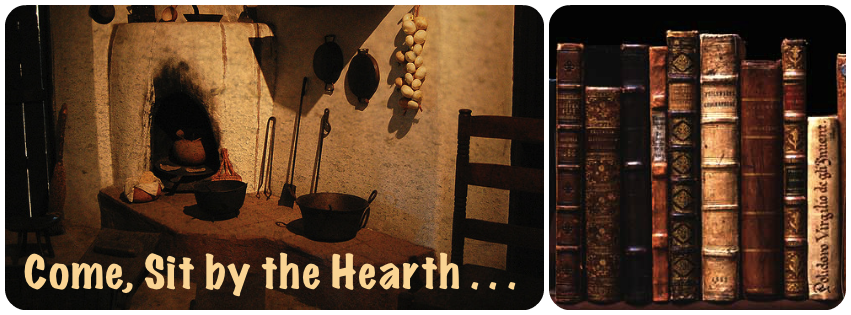The prompt for this month was a "poem by a Pulitzer Prize Winner." Now, it didn't exactly specify that the Pulitzer had to be in the area of poetry. (No, I am not a lawyer.)
So I'm squeezing through that loophole for this post.
One of my hobbies is to seek out poetry by folks who are not really poets. It can be surprising, entertaining, cringe inducing, or all those things at once. This poetry often reveals unfathomed depths and facets of its writer. . . .
Alright, I guess that does make him a poet. But seriously, how often in your life have you heard, "The poet Ernest Hemingway . . . "? Seriously.
I'll admit that I'm not really a Hemingway fan. He wrote some powerful stories, but on the whole I find that the testosterone dripping from the book pages leaves nasty stains on my clothes that are hard to get out. When I discovered that he wrote poetry, however, I jumped at the chance to read it. Would I discover a new Hemingway to which I could more readily relate?
Hold that thought.

The book I chose was:
Was I surprised? Well . . . Yes. But not in the way I had hoped.
Many of the poems contained in the book I wouldn't post on my blog. It's not that I'm a prude mind you. I just don't enjoy crudeness for its own sake.
Fortunately, the book has more to offer. There are also many poems about the costs of war - it was that time (1920s). One example:
Champs d’Honneur
Soldiers never do die well;
Crosses mark the places—
Wooden crosses where they fell,
Stuck above their faces.
Soldiers pitch and cough and twitch—
All the world roars red and black;
Soldiers smother in a ditch,
Choking through the whole attack.
This small volume has some very powerful pieces and is full of pain, anger, and disillusionment. But a sense of humor manages to manifest itself from within the pain and anger. Hemingway also directed a few words toward critics that were, let's say, less than positive. The book gave a strong emotional sense of the driven, larger than life man whose spectacular life was ended by his own hand.
Although this book will never rank with Lucille Clifton, Billy Collins, or any of the others who grace my shelves, I am glad that I read it. A lobster bib helped catch the drips and minimized the staining. Most importantly, it has in a way I never expected, left me with a bit more empathy for Mr. Hemingway.
I'll leave you with my favorite poem in the entire book. I burst out laughing when I turned the page and I'm sure my husband thought I'd lost it. He says he'd never lock me away, but you never know . . .
[Blank Verse]
“ “
! : , .
, , , .
, ; !
,


I had no idea. How interesting.
ReplyDeleteFinding poetry by those not known as poets is always a learning experience for me.
DeleteI'd no idea he wrote any poetry. Of course, I've never been able to make myself read anything by him. Oops, guess that's not quite true anymore--I just read two of his poems. :)
ReplyDeleteHis stye is not my cup of tea, way too macho for me. (and those testosterone stains just too hard to remove)
DeleteNow you can claim to have read Hemingway, truthfully.
I would have never guessed that. Now if Toni Morrison had a collection of poems tucked away, I wouldn't be surprised at all.
ReplyDeleteMy guess is that most writers probably have some poetry tucked away. I would love to find poetry written by my favorites.
DeleteHemingway is such an interesting writer. I have to admit, I am quite amused by that blank verse poem. It is also interesting to express such anger with such a rhyming sing-songy voice as Hemingway did in Champs d’Honneur. Thank you for sharing! I like your loophole :)
ReplyDeleteI'm glad I read the book. It gave much more dimension to a man I just thought of as 'macho' before. The pain that permeates the book, even in his humor, is palpable.
Delete